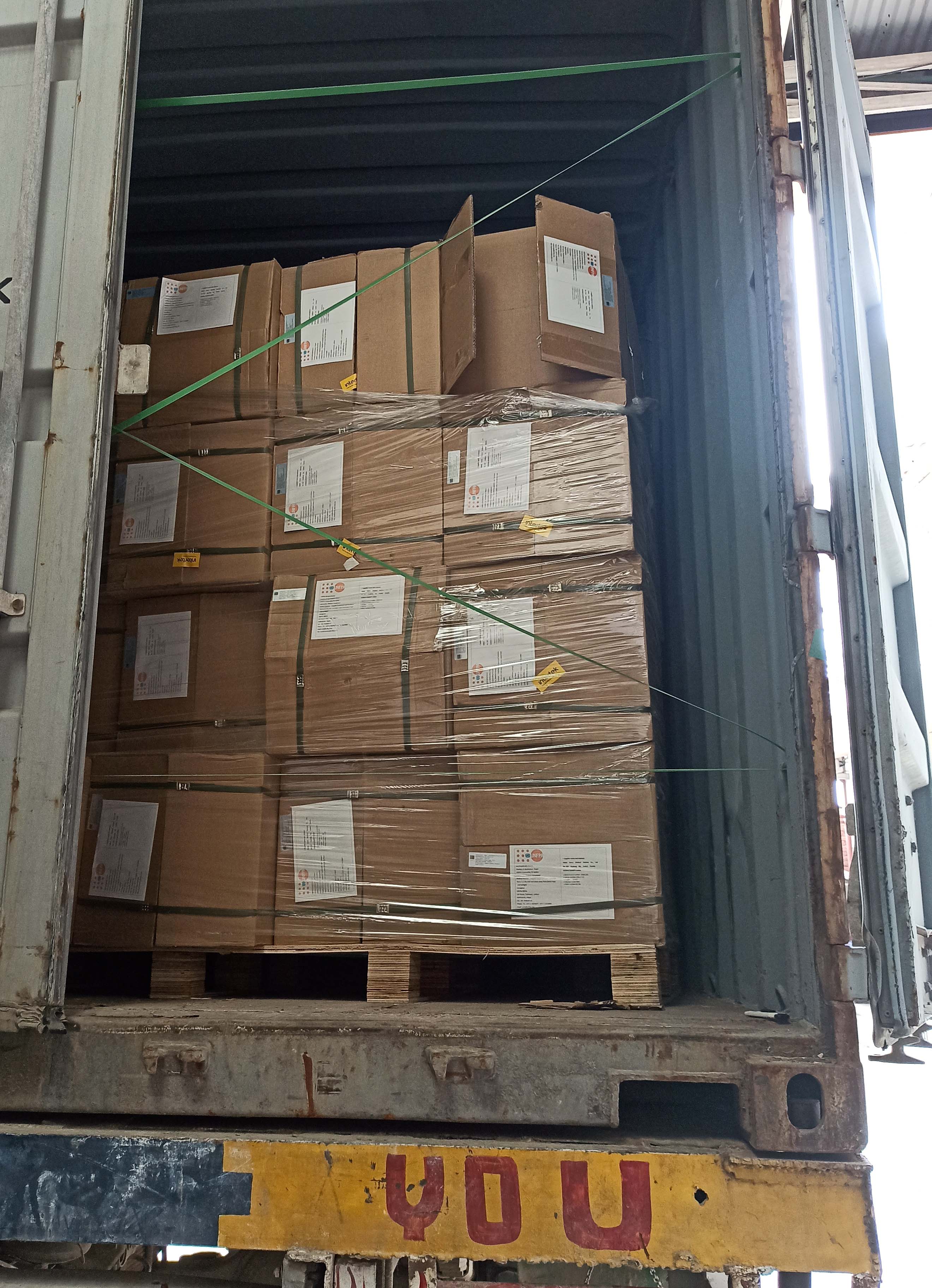KATHMANDU: To prevent unintended and risky pregnancies during the COVID-19 pandemic, the United Nations Population Fund (UNFPA) on June 9 handed over life-saving contraceptives worth US$1 million to the Ministry of Health and Population (MoHP).
The contraceptives were secured through the UNFPA Supplies Partnership, a global programme of the UN agency dedicated to expanding choice and access modern contraceptives and maternal health medicines. The support includes 1,575,504 cycles of oral contraceptive pills, 776,000 units of injectable contraceptives and 776,000 units of syringes.

These supplies are expected to benefit more than 500,000 women and girls across the country with access to modern contraceptives, averting an estimated 75,000 unintended pregnancies, 22,000 unsafe abortions and 80 maternal deaths. The supplies are intended to reach marginalized and vulnerable groups including the returning migrants and their families as well as adolescents and youth, who tend to face considerable obstacles in accessing contraceptive information and services.
The COVID-19 pandemic has disrupted the provision of essential health services including sexual and reproductive health care as financial and human resources have been diverted to fighting the pandemic. The humanitarian emergency presented additional challenges for contraception and family planning users in terms of accessing services as well as for the service providers due to the strain on the health system. Although the Safe Motherhood and Reproductive Health Rights Act 2018 guarantees access to family planning services, unmet need for family planning remains particularly high among adolescents, migrant populations and ethnic minorities. Preventing unintended pregnancies decreases the risks of maternal mortality and morbidity.
Commenting on the supply of modern contraceptives, the Director of the Family Welfare Division under MoHP, Dr Tara Nath Pokhrel, said, “This support is very timely as Nepal was on the verge of facing a shortage of the injectable contraceptives and oral pills. These supplies will greatly help the federal, provincial and local governments to address the increasing family planning needs during the COVID-19 pandemic”. The MoHP will distribute the supplies to all service delivery points across the country.
“Access to contraception and family planning is a basic human right that lies at the heart of UNFPA’s transformative goals -- ending preventable maternal death, ending unmet need for family planning, and ending gender-based violence,” said UNFPA Representative to Nepal, Lubna Baqi. “Family planning services are fundamental for achieving equality between men and women and for sustainable development. Yet millions of women and girls who want to avoid pregnancy simply do not have access to modern contraceptive methods."
"Nepal has continued to struggle with shortages in supplies due to competing priorities and demands, but it is time for the government and development partners to turn their attention to preventing unwanted pregnancies and unsafe abortions by investing in family planning and comprehensive sexuality education," the UNFPA Representative further said.
In Nepal, UNFPA has long been working to support the national family planning programme by ensuring a continuous supply of quality contraceptives, strengthening the national health system including supply chain management and advocating for enabling policies to uphold sexual and reproductive health and rights.

